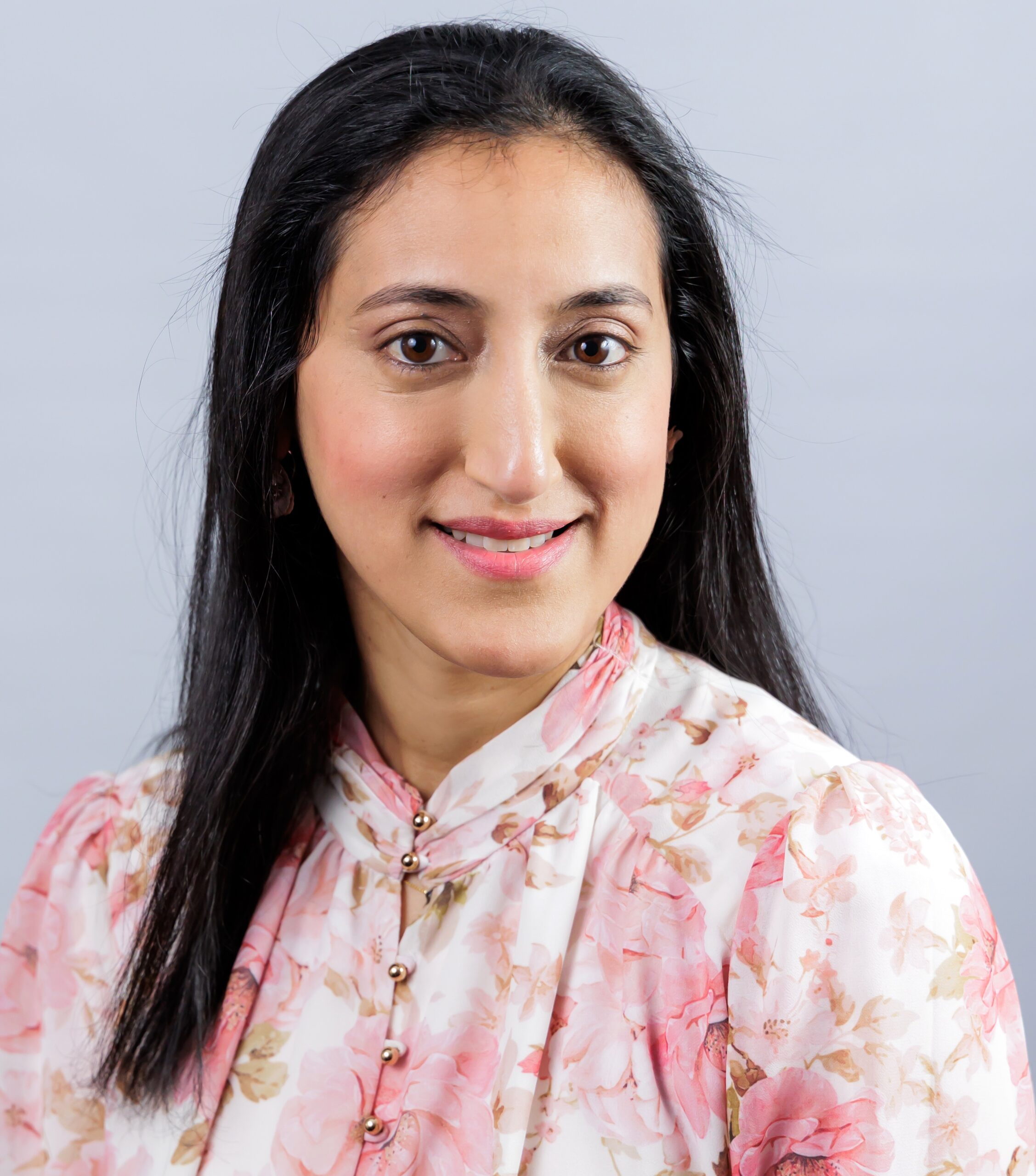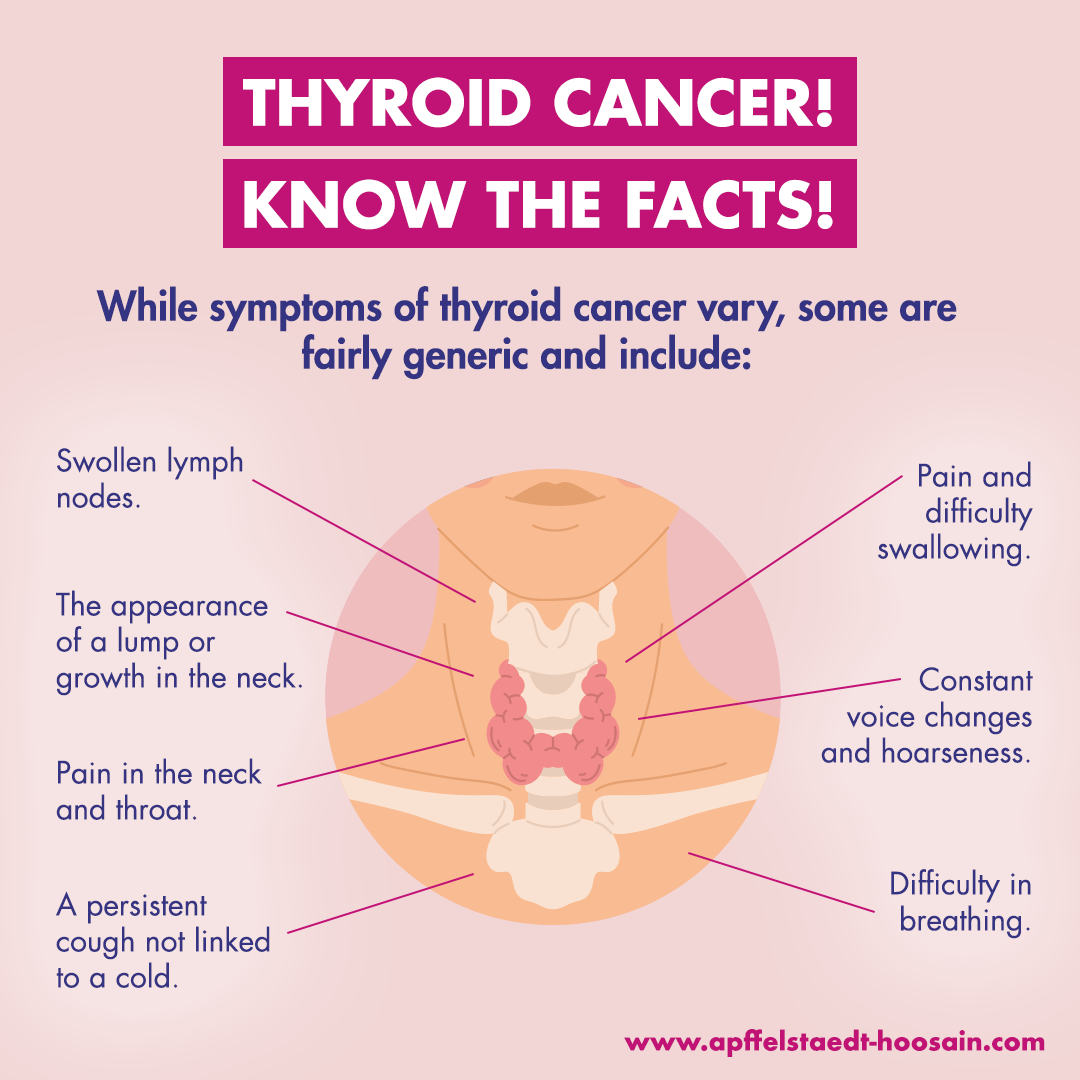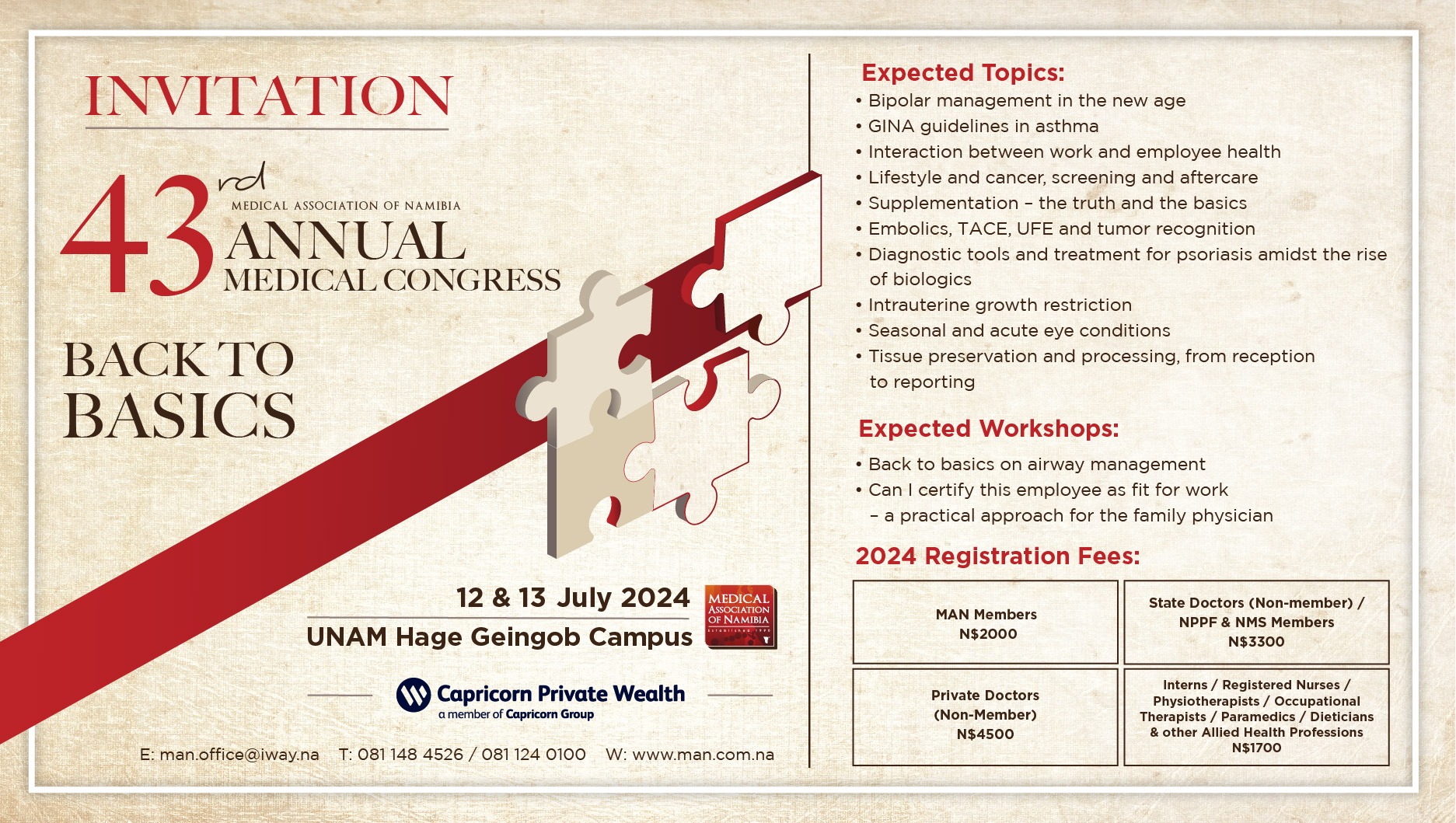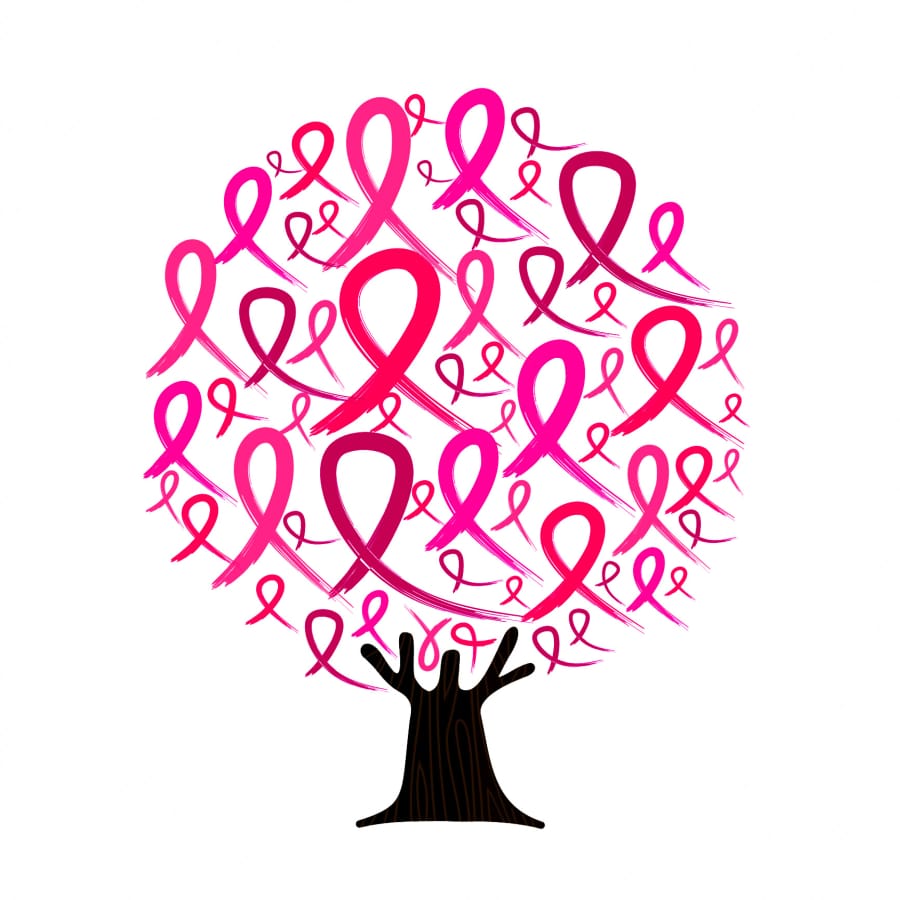Glamour magazine features Dr Fatima Hoosain and her insights on cervical cancer screening
Having breast cancer does not put you at a higher risk of getting cervical cancer, nor does having one cancer omit you from developing another unrelated cancer. For that reason, it is of utmost importance for anyone with a cervix to undergo regular cervical cancer screening.

























